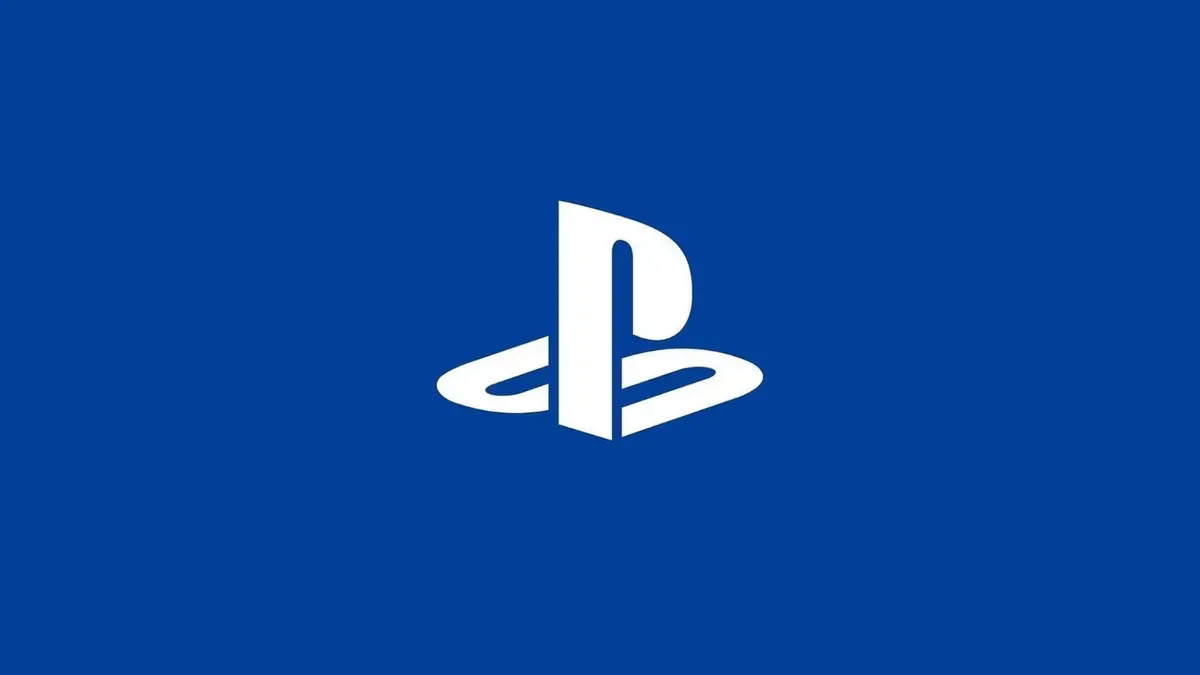What to know:
- Google’s Trillium chip delivers 4x faster training and 3x better inference performance compared to its predecessor.
- The chip features doubled HBM capacity and improved energy efficiency by 67%.
- Trillium can scale up to 256 chips per pod, making it ideal for large-scale AI training tasks.
Google looks set to make a decent breakthrough in the AI chip race with the introduction of its sixth-generation Tensor Processing Unit (TPU), Trillium. This new chip, Google says, represents a major leap forward in AI computing capabilities, as it delivers 4x faster training and 3x better inference performance compared to its predecessor. It can position Google as a serious challenger to Nvidia’s dominance in the AI hardware market.
According to Google CEO Sundar Pichai, the demand for machine learning computing power has increased by a factor of one million in the past six years. The Trillium chip has been engineered to meet this growing demand, offering nearly five times faster performance than its predecessor and remarkable improvements in energy efficiency.
The global generative AI chipset market, valued at $37.26 billion in 2023, is witnessing intense competition between established players and innovative startups. While Nvidia currently commands approximately 80% of the market share in AI data center chips, Google’s strategic approach of renting access to its custom chips through its cloud computing platform could help it capture a larger portion of the remaining market.
The timing of Trillium’s release is particularly significant as it coincides with Google’s plans to integrate Nvidia’s H200 Tensor Core GPUs into its infrastructure. This dual-strategy approach shows Google’s commitment to providing serious AI computing solutions while developing its own competitive hardware.






